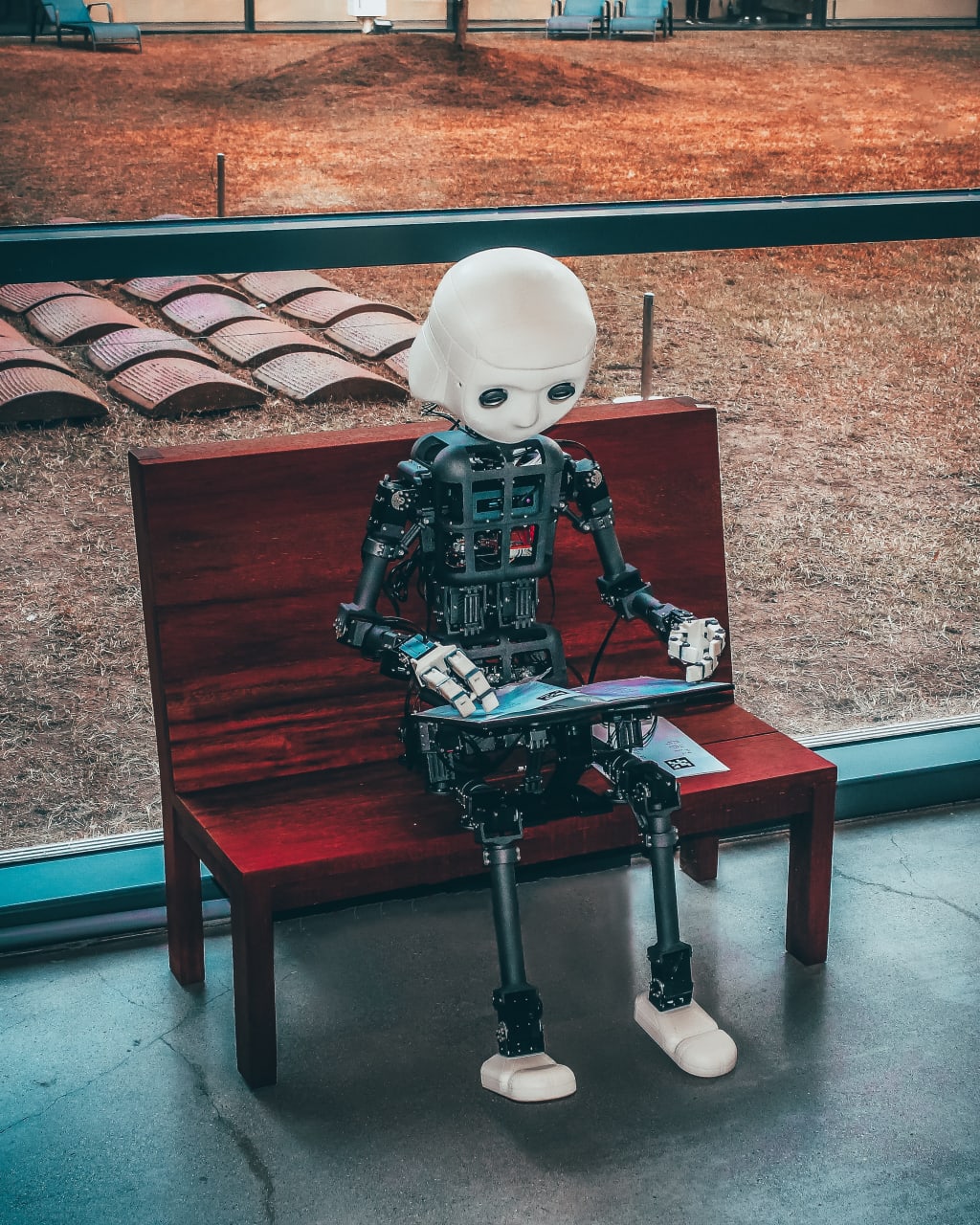Content warning
This story may contain sensitive material or discuss topics that some readers may find distressing. Reader discretion is advised. The views and opinions expressed in this story are those of the author and do not necessarily reflect the official policy or position of Vocal.
From Dreams to Reality: The Evolution of Artificial Intelligence
A Journey Through the History, Challenges, and Promising Future of AI

The history of AI spans several decades, beginning with the advent of the field in the mid-20th century. While the concept of artificial intelligence can be traced back to ancient times, it wasn't until the 1950s that significant advancements were made in the development of AI technology.
The term "artificial intelligence" was coined by John McCarthy, who is often referred to as the father of AI. In 1956, McCarthy organized the Dartmouth Conference, a gathering of researchers from various disciplines who aimed to explore the potential of creating machines that could exhibit intelligent behavior.
During the early years, AI research focused on solving problems using logic and symbolic reasoning. One of the notable early successes was the General Problem Solver, developed by Herbert Simon and Allen Newell in 1957. It was a program designed to solve a wide range of problems by applying a set of rules and heuristics.
In the 1960s and 1970s, AI research experienced a surge of optimism and received substantial funding. Expert systems emerged as a prominent area of study, with projects like MYCIN, an expert system for diagnosing bacterial infections, and DENDRAL, an expert system for analyzing chemical compounds. These systems showcased the potential of AI in specialized domains.
However, as AI progressed, researchers realized that achieving human-level intelligence was far more challenging than anticipated. Funding and public interest waned, leading to a period known as the "AI winter" in the 1980s and early 1990s. The initial hype surrounding AI did not match the practical results achieved, causing a decrease in investments and research activity.
The late 1990s and early 2000s marked a resurgence in AI research and applications. This resurgence was fueled by advancements in machine learning, computational power, and the availability of large datasets. Researchers began exploring statistical approaches to AI, with machine learning algorithms gaining prominence.
In 1997, IBM's Deep Blue defeated chess grandmaster Garry Kasparov, showcasing the potential of AI in complex games. Subsequently, in 2011, IBM's Watson defeated human champions on the quiz show Jeopardy!, further demonstrating the advancements in natural language processing and machine learning.
The 2010s witnessed remarkable breakthroughs in AI, largely driven by deep learning techniques. Deep neural networks revolutionized fields such as computer vision, natural language processing, and speech recognition. Companies like Google, Facebook, and Amazon invested heavily in AI research, leading to the development of practical applications like virtual assistants, image recognition systems, and recommendation algorithms.
In recent years, AI has made significant strides in various domains. Autonomous vehicles have become a reality, with companies like Tesla and Waymo testing self-driving cars on public roads. Healthcare has seen advancements in AI-based diagnostics, drug discovery, and personalized medicine. AI-powered virtual assistants, such as Siri and Alexa, have become household names, and AI algorithms are being utilized for fraud detection, cybersecurity, and financial analysis.
As AI continues to evolve, ethical considerations have come to the forefront. Discussions around bias, privacy, transparency, and the impact of AI on jobs and society have gained prominence. Efforts are being made to ensure responsible development and deployment of AI systems.
Looking ahead, the future of AI holds immense potential. Advancements in areas like reinforcement learning, quantum computing, and explainable AI are expected to shape the next phase of AI research and applications. As the technology continues to evolve, AI is likely to become increasingly integrated into various aspects of our daily lives, transforming industries, and enabling new possibilities.





Comments
There are no comments for this story
Be the first to respond and start the conversation.